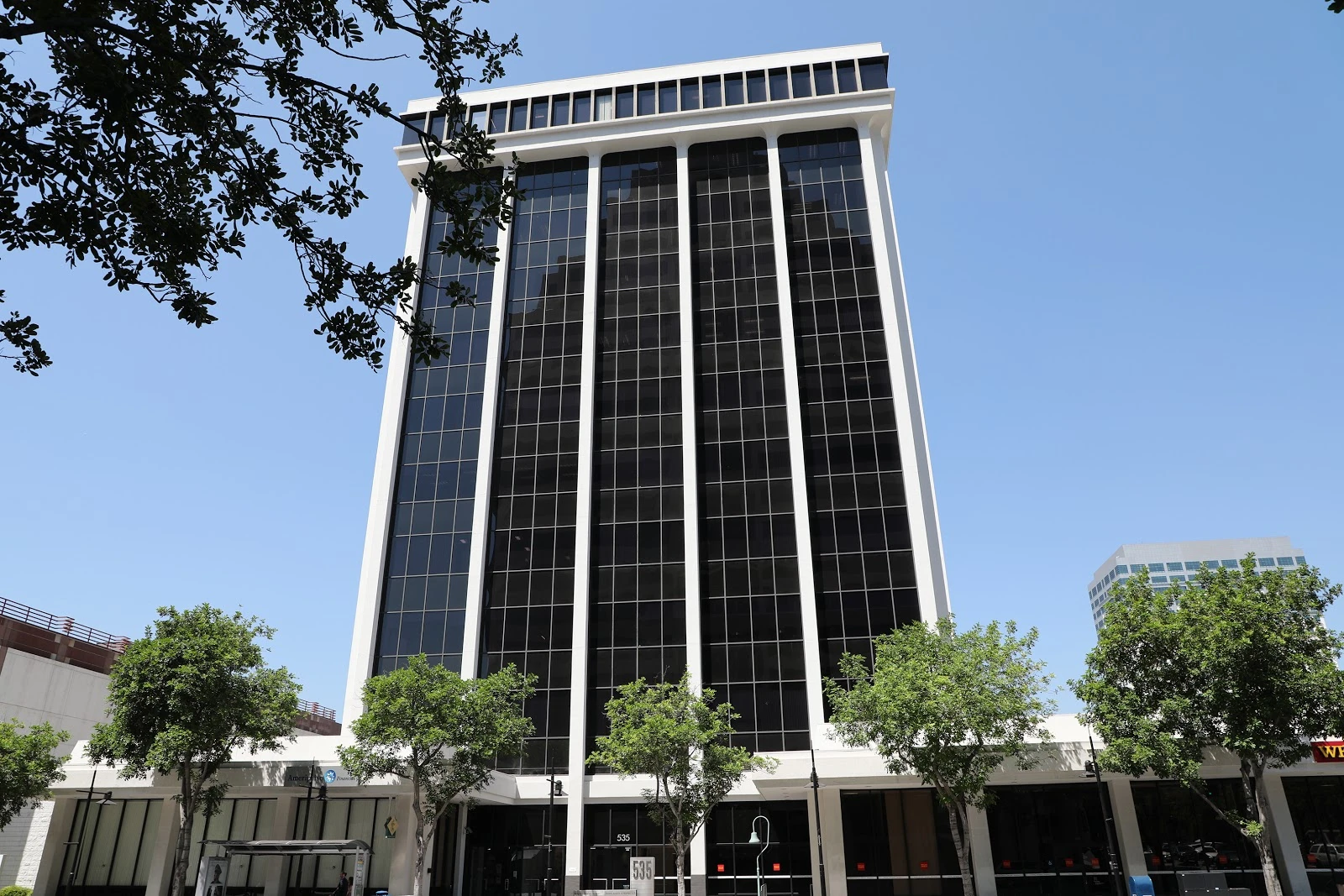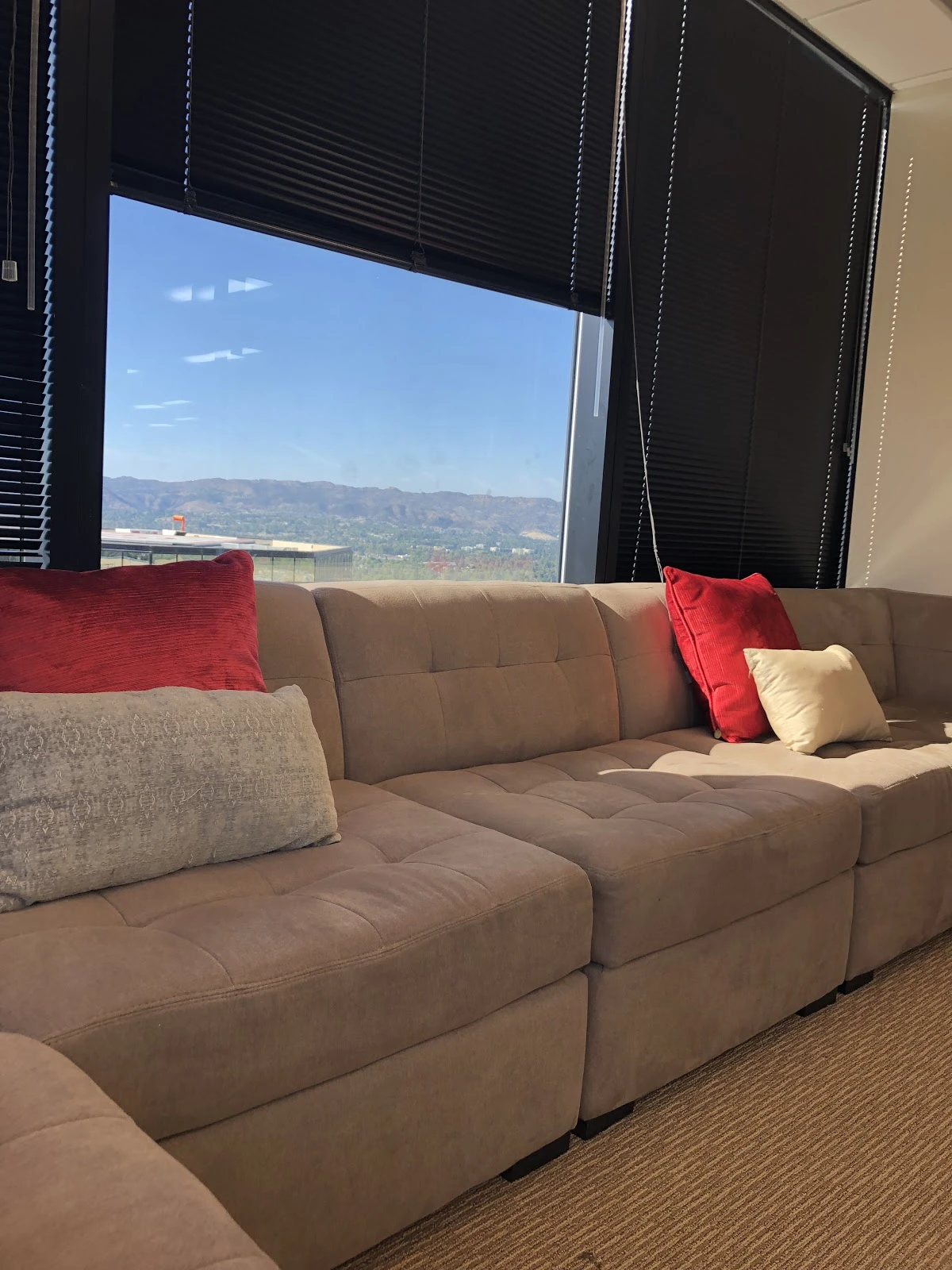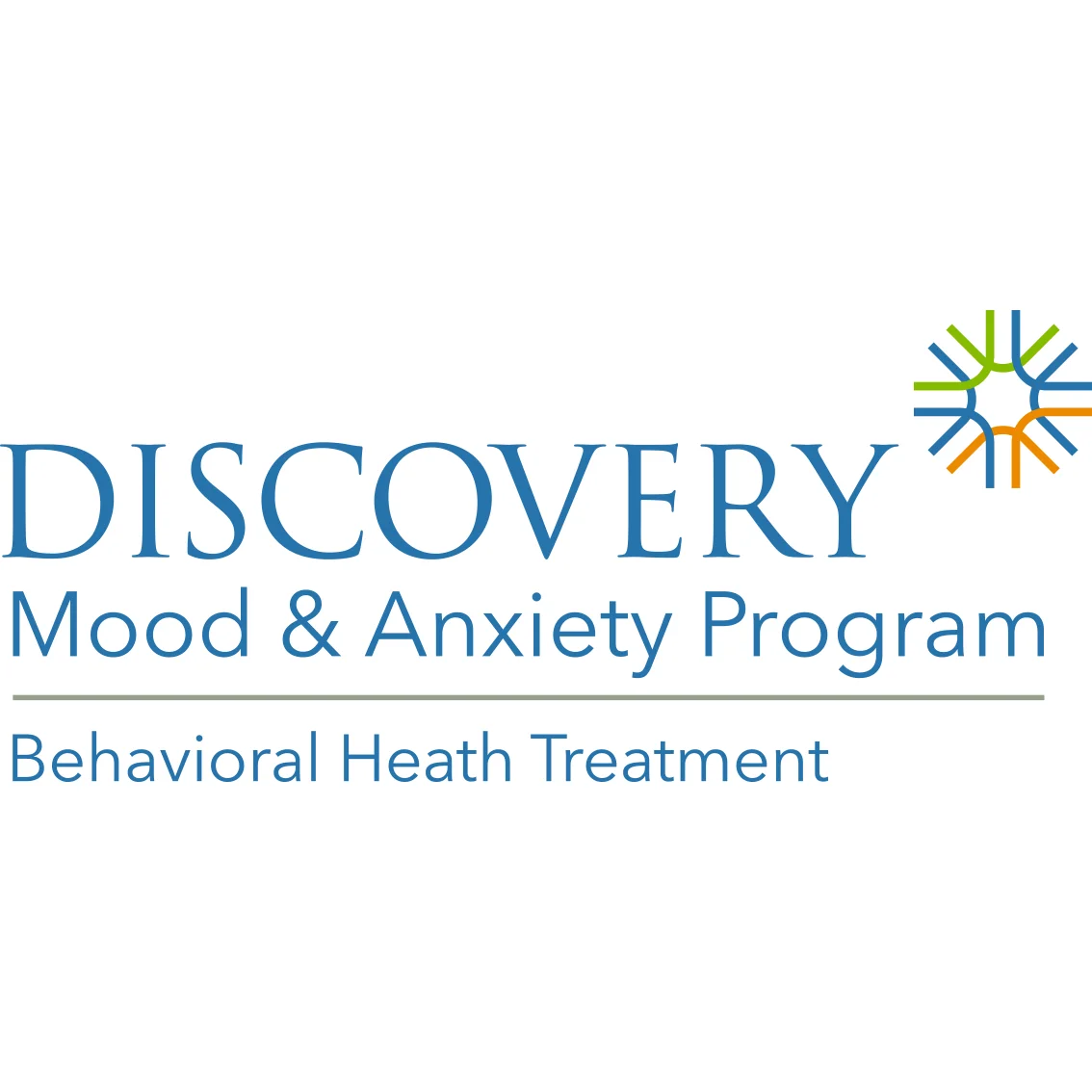Casa Palmera, located in Los Angeles, California, provides comprehensive treatment for substance use disorder, alcohol addiction, and dual diagnosis. The facility employs a holistic approach to patient care, offering a variety of treatments designed to address the whole person.
Treatment modalities at Casa Palmera include Cognitive Behavioral Therapy (CBT), Relapse Prevention, and the 12-Step Program. Additionally, the facility offers Thought Field Therapy (TFT), yoga, and meditation. These therapies aim to support patients in developing effective coping strategies and achieving long-term recovery.
As part of its outpatient services, Casa Palmera offers a Partial Hospitalization Program (PHP) that runs from 9 a.m. to 3:30 p.m. Patients in the PHP participate in the 12-Step Program and benefit from significant family involvement, which is considered crucial for successful recovery.
The Intensive Outpatient Program (IOP) is located in San Diego and provides patients with group therapy, relapse prevention, medication management, and Acceptance and Commitment Therapy (ACT). This program is designed to offer flexible yet comprehensive care for those transitioning from more intensive treatment or for those needing ongoing support.
Casa Palmera is accredited by The Joint Commission, reflecting its commitment to maintaining high standards of care and patient safety.












